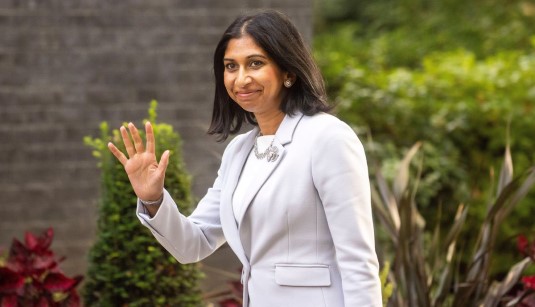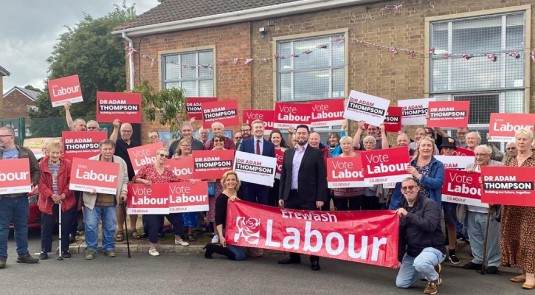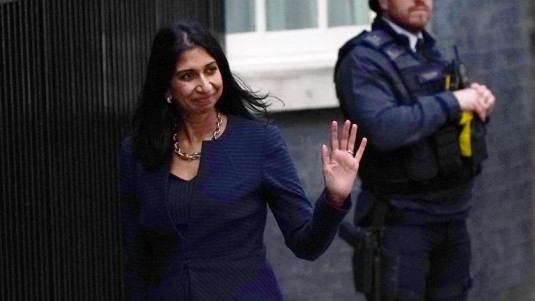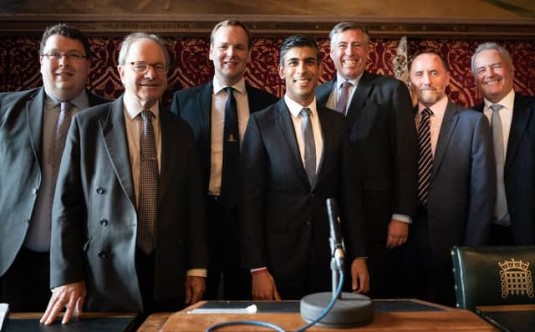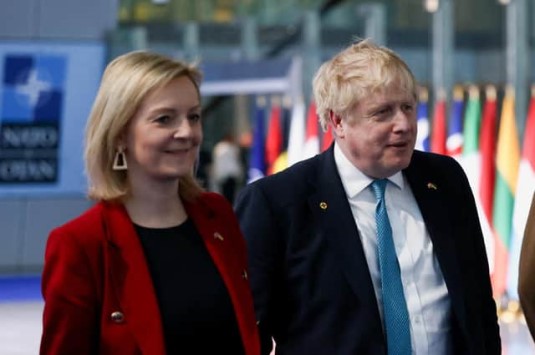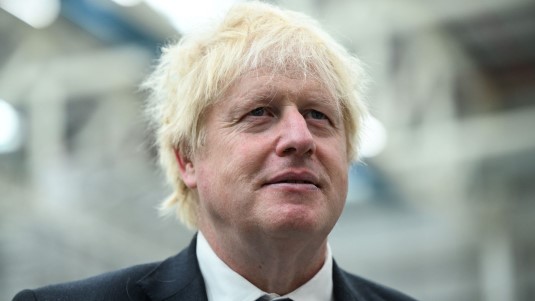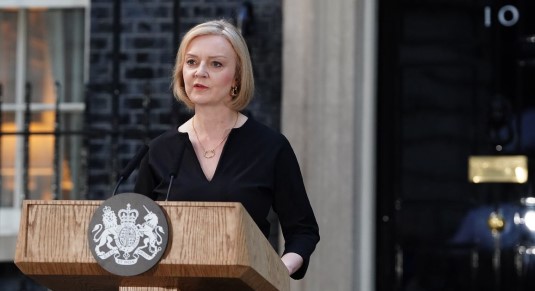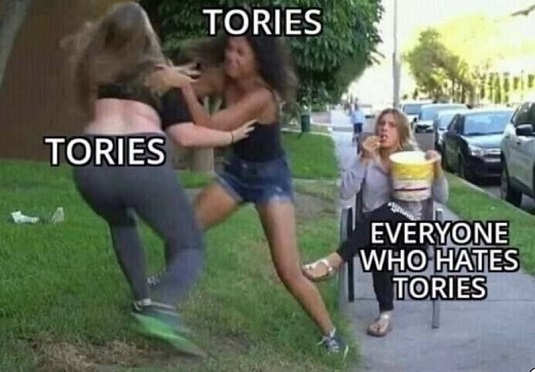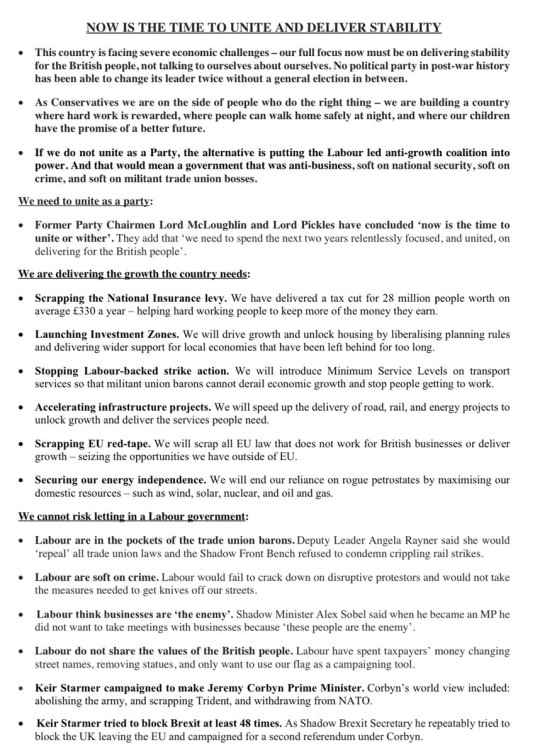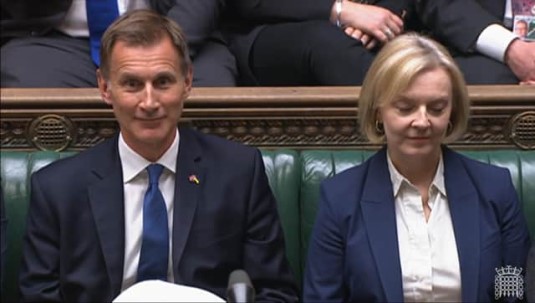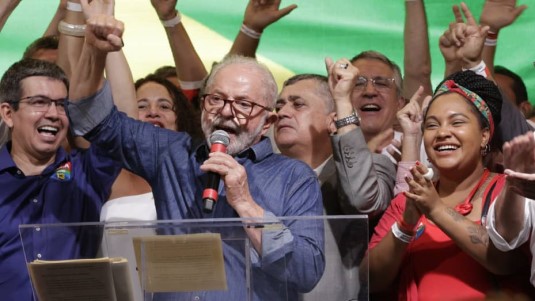
Since Bolsonaro came to office, he scrapped the anti-corruption unit behind Operation Car Wash. This revealed the looting of billions of dollars from public coffers by officials at all levels of the state, with a clustering of activity around the Brazilian state oil giant, Petrobras. Bolsonaro said the agency was no longer needed because his state was "free of corruption". He also doled out billions to Congress like a sweet bowl to trick-or-treat'ers to buy allegiances, and just like this country Covid procurement was a means of funnelling more cash into the bulging pockets of Bolsonaro supporters. Corruption in state contracts became routinised to the point of being a cost of doing business. And most appalling of all was the criminal negligence with which Bolsonaro handled the pandemic, with things getting so bad that the police accused him of spreading disinformation. He systematically undermined coordination between national, regional, and local state responses, attacked official social media campaigns, and peddled quackery as solutions to the Covid crisis. It was no accident it disproportionately hit working class people and racialised minorities - those most unlikely to support his grotesque government.
Bolsonaro would not have won office without the backing of key layers of the Brazilian bourgeoisie. At the outset, he was very clear about whose interests his administration would be serving and, of all the guff he promised his gullible mass voter base, this was one pledge he faithfully delivered. Inequality, already extreme by Latin American standards, widened under Bolsonaro's watch. It's so bad that even he was forced to act, with a 50% bump in welfare payments conveniently landing just prior to the election. This was after cutting spending on social security for the previous 18 months. He also raised the retirement age, and in another quid pro quo for his wealthy backers, set about attacking the labour movement.
His defeat at the hands of Lula and the Workers' Party is a stunning achievement in the face of Bolsonaro's efforts at undermining confidence in the election process, police interference with voting in PT strongholds, and a refusal by the electoral court's top judge to extend voting following reports of widespread voter suppression. All of the incumbent's advantages couldn't save him. And, much to Bolsonaro's chagrin, his allies in Congress and in industry have mostly spoken about the need to respect the result. No Capitol-style insurrection is to be tolerated, a point underlined by Joe Biden in his communique quickly recognising Lula's victory - a signal to the coup-minded that they don't have Uncle Sam's permission.
Despite striking a mighty blow for the left, the reason why many centrists are happy about Lula's victory - his popular frontist strategy - could easily become the incoming administration's Achilles Heel. There's nothing wrong with dragging bourgeois layers in one's political train if front and centre is a programme for empowering our class and elevating our movement. In such circumstances, they've accepted your terms. But it's quite another to tack right and effectively give them a veto over the politics. Lula having right winger Geraldo Alckmin, the former governor of Sao Paulo and Lula's presidential opponent in 2006, as his running mate typifies this. Unveiling the alliance at the beginning of the month, the rhetoric on abortion rights and police corruption/violence was significantly toned down. Significant stress has been placed on Bolsonaro's attacks on institutional legitimacy, with Lula co-opting arguments about business confidence and the need to calm the markets. And riffing off this, several trade unions have designed a corporatist plan similar to post-war West European tripartism - a recipe, one might argue, for disciplining rather than empowering labour.
Also worrying is the surge in Bolsonaro's support over the course of the campaign. In September, Lula routinely enjoyed double digit leads. Which one might expect when his opponent is a disaster zone. Yet despite the record, and the incredible scandals - such as paedophilia allegations against Bolsonaro, which were sparked by his own comments, the margin of victory was far narrower than many were forecasting in the Summer. The unpalatable truth is there was something about Bolsonaro that appealed beyond the core constituencies of fascists and right wing populists traditionally enjoy. Obviously, Lula must show no quarter in clearing out Bolsonaro's people from the state, but the more difficult task is fashioning a programme that brings millions more into the PT camp without watering down existing commitments, nor making the working class pay for cleaning up the damage of the Bolsonaro years. One that is easier said than done, but has to be accomplished if Lula wants to be in power, not merely in office.
Image Credit
